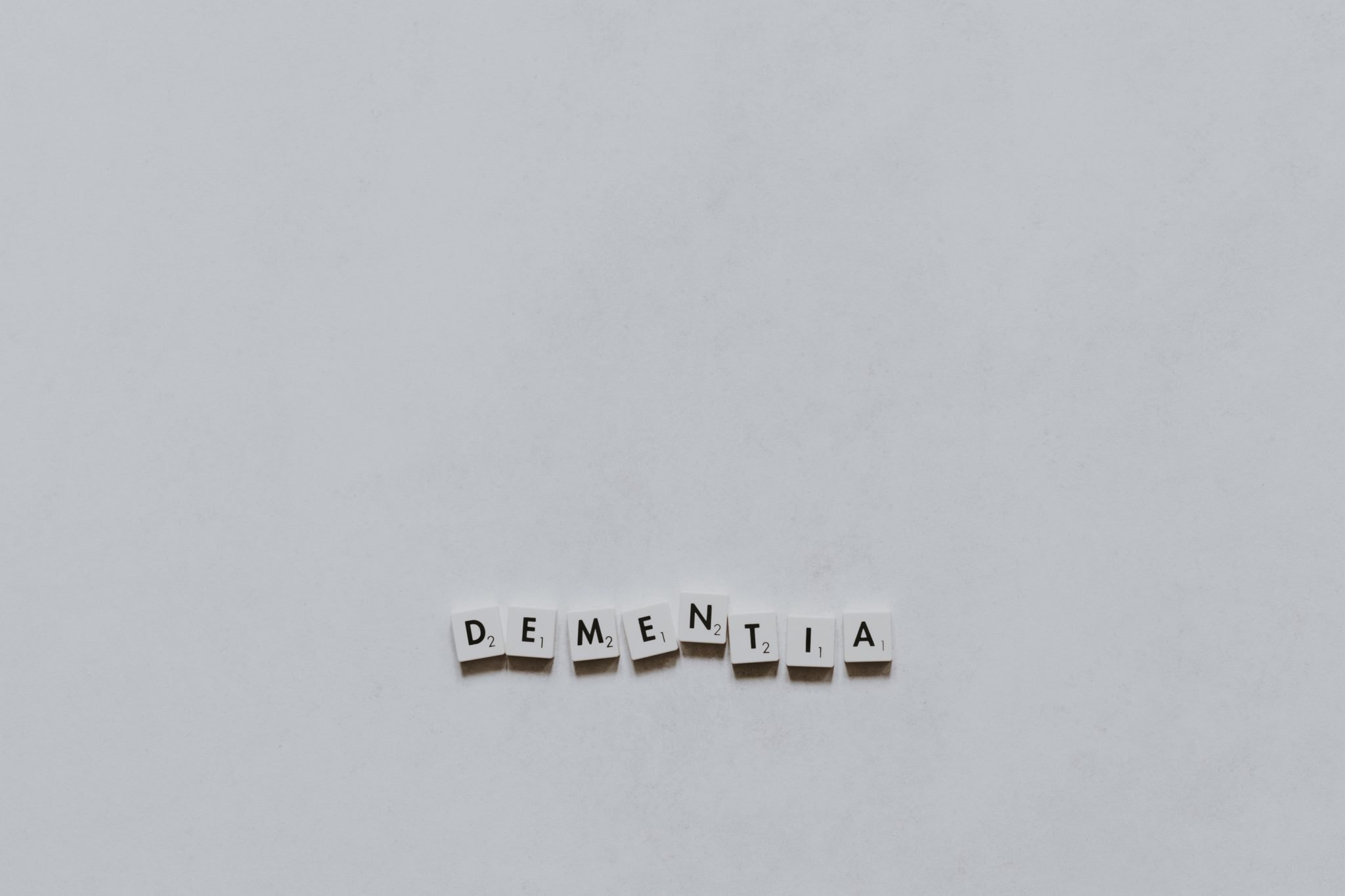Can we talk about dementia?
“Dementia-related stigma tends to stem from fear, alongside a lack of awareness and understanding about the condition, which can lead to a greater reluctance to engage with people with dementia” – DementiaStatistics.org
The number of people living with dementia in the UK is due to top 1 million by 2025. Research shows that there are currently more than 850,000 people in the UK with the condition – including one in 14 people over the age of 65. As the number of people with dementia continues to grow we should all consider how we would care for ourselves and our loved ones should we or they be diagnosed. It’s not a topic that is easy to broach, but given the likelihood of it effecting our family or friends, chatting about dementia and how we deal with it shouldn’t be something we shy away from.
Dementia effects people in many different ways. Some live with it for many years whereas it hits others more quickly. Caring for people with dementia has come a long way in recent years, with the modern approach often focused on keeping people at home for as long as they, and their families, can cope. For someone with increasing memory issues the familiarity of being at home can be vitally important, as is staying within their community surrounded by friends and neighbours who they know.
Increasingly at StackCare we’re being approached by both those who have been diagnosed and their family members, keen to know whether systems such as ours can help with maintaining independent living as long as possible and support their relative at home. Our answer is a resounding yes.
Holding on to independence…..
As mentioned above, one of the key worries for someone with dementia, and their friends and family, is how long can they maintain as much independence as possible. It’s often best all round for someone to stay in their home rather than move into more sheltered accommodation, as long as the right care package is in place. In the past few years developments in technology have really come into their own here, offering new solutions for home monitoring for dementia sufferers. As well as devices such as pendants and call buttons that allow you to call for help if you fall or get stuck there are now far more sophisticated solutions that can discreetly help ensure someone living independently is safe and sound.
Technology can now learn patterns of behaviour and get to know someone’s usual routine and habits – this is called Artificial Intelligence (AI). This is what StackCare’s system does – small, discrete sensors around the house learn usual patterns of movement and build up an understanding of someone’s living habits, for example the number of times a night the person visits the loo or whether they’re usually very active at certain times of the day.
The system is in touch with designated loved ones, friends and / or carers and alerts them if something is amiss – such as the person not being up and about at their normal time in the morning or wandering around in the middle of the night. Without the system it would be all but impossible to know that the person was acting out of routine and this early alert can be critical to identifying developing issues or problems.
Importantly though there should always be a balance between remote monitoring of independent living dementia sufferers and supporting them in their homes. Dignity and discretion are key in home monitoring, no-one wants to be spied on.
…..holding onto dignity
A common question we’re asked at StackCare is whether there are cameras included in our system – it’s a key concern for people who fear being watched and monitored. We’re always pleased to confirm that StackCare doesn’t use cameras. The motion sensors mean we don’t need to use them – have a look at our site to learn more about how it all works.
Positive about a future with dementia
Last year the Dementia Attitudes Monitor reported on changing attitudes to dementia in the UK, building on a similar survey they had undertook back in 2018. Their latest survey produced interesting results, both in terms of increasing awareness of dementia in society and our belief that one day we can beat it. Although there is still low understanding of our risk or getting dementia, developing dementia is one of the UK population’s key fears. But on the positive side people are increasingly open to seeking advice on lifestyle and health factors that would help them get an early diagnosis.
And as part of that people are now happier to turn to technological solutions to help with their health conditions, with widespread support for using apps and wearable technology that could help them and their doctor better understand their brain health dementia risk. 75% of people willing to do so.
‘Dementia is the health condition I fear most’
Half (49%) of UK adults say that dementia is the health condition they fear most about getting in the future. 55% of women, 42% of men and 60% of those aged 65 or over are more likely to agree that dementia is the health condition they fear most.
source- Public attitudes towards dementia (dementiastatistics.org)
What to do next:
– If you, a relative or friend is worried about developing dementia – talk to your GP and have a look at excellent resources such as the NHS resource here or Dementia UK’s website for more information about the condition, early symptoms etc
– Consider supporting a local dementia resource group – for example, the British Legion runs them throughout the country
– And talk openly about dementia – we need to end the stigma and make dementia something we discuss openly.

